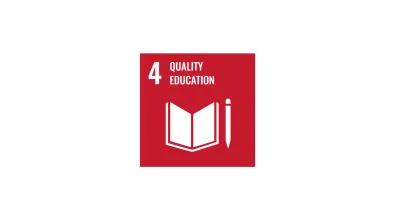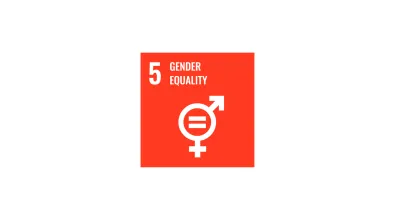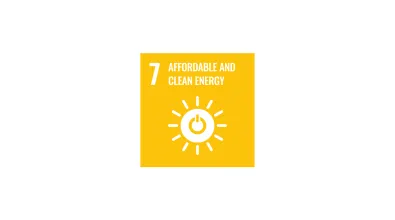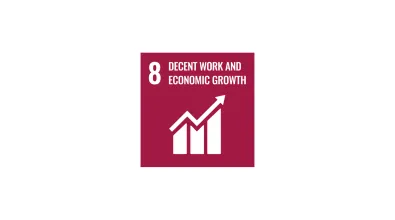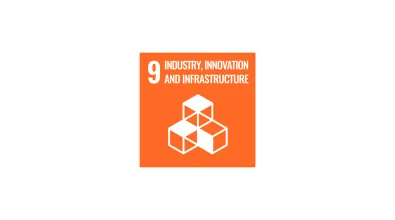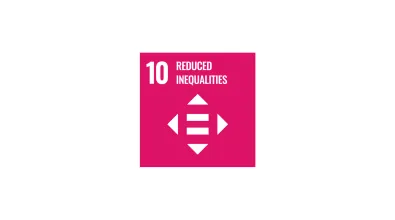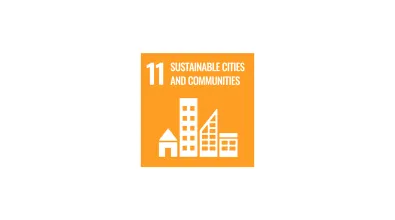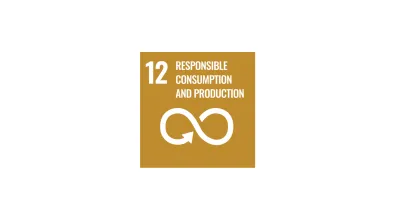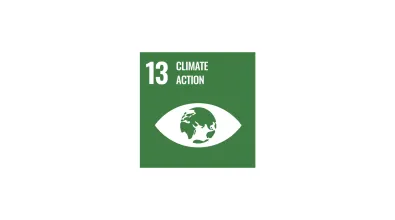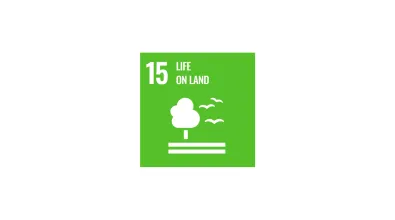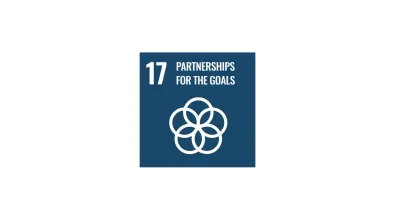
Our Impact
Discover the impact of saying Y.E.S.
Get to know EDP Y.E.S. - You Empower Society, the global program that brings together more than 500 social responsibility projects, with an investment of over €28M per year, all over the world.
Our Social Investment Policy
The EDP Group's Social Investment Policy establishes the objectives, corporate strategies and regulations regarding EDP's Social Investment, which is expressed in social responsibility programs and projects in the community through own and collaborative initiatives, donations, and volunteering.
Our Volunteering Policy
The EDP Group's Volunteering Policy establishes EDP's vision and commitments regarding corporate volunteering, defining the principles of action in the different geographies where it is present and regulating the duties and rights of Volunteer employees, as well as the responsibilities of the management team.
Impact on communities
Annually, EDP supports more than 500 projects in communities around the world, with an investment of over €28M. Part of this investment corresponds to projects whose scope of action contributes to the UN Sustainable Development Goals (SDGs). On the other hand, EDP uses the international methodology B4SI - Business for Societal Impact - to evaluate its voluntary investment in the community, which represents the largest part of the investment in this area. Learn more about how EDP contributes to SDGs and reports according to B4SI.
Our line of work is aligned with the Sustainable Development Goals (SDGs), outlined by the United Nations in 2015, which establish priorities and aspirations within global sustainable development by 2030, with the aim of guiding global efforts around a common set of goals and targets. In addition to contributing through its operations/businesses, the EDP group also voluntarily contributes to the SDGs through its social investment programs, prioritizing goals 5, 7, 8, 9, 11, 12, 13, 15 and 17.

Our impact is measured a different way
A project is considered to contribute to a given SDG indicator if it has an immediate impact on the indicator's result (direct effect), changes the context determining the indicator's result (leverage effect) or promotes knowledge/awareness on a certain topic that influences the indicator's result (indirect effect);
In order to apply them at the scale of social investment projects/initiatives, we have converted the definition of SDG indicators where necessary using the following equivalences:
- GDP to GVA
- Legislation to company standard
- Population to local communities/employees/customers
- Developing countries is extended to developing regions/areas.
EDP's contribution to the SDGs, through global social responsibility programs, in 2024.
Investment in social responsibility programs linked to the SDGs, as a percentage of total contributions, in 2024.
Content card grid
EDP has adopted the Business for Societal Impact (B4SI) international methodology to characterize and assess its voluntary investment and impact on the communities. This model promotes the alignment between our own purpose and social needs, facilitating the definition of priorities, decision-making, and the analysis of the results and benefits generated for the communities.
Voluntary investment in communities by EDP Group, according to the B4SI methodology, in 2024.
EDP's voluntary investment directly benefited around 1.5 million people in 2024.
Content card grid
Arts and culture
Education
Economic development
Emergency Relief
Environment
Health
Social Welfare
Other
| 2024 | 2023 | 2022 | 2021 | 2020 | ||
|---|---|---|---|---|---|---|
| Form of contribution | Cash | 13 283 | 16 940 | 17 751 | 19 299 | 17 486 |
| Time (volunteering time) | 467 | 570 | 261 | 211 | 310 | |
| In-kind | 9 502 | 8 700 | 1 845 | 1 764 | 2 858 | |
| Total | 23 251 | 26 211 | 19 857 | 21 274 | 20 654 | |
| Driver for contribution | Charitable gifts | 484 | 2 138 | 544 | 1 735 | 980 |
| Community investment | 22 753 | 24 038 | 18 636 | 19 531 | 19 674 | |
| Commercial initiatives | 14 | 35 | 677 | 9 | 0 | |
| Total | 23 251 | 26 211 | 19 857 | 21 275 | 20 654 | |
| Nature of contribution | Education | 1 426 | 1 916 | 2 478 | 1 679 | 1 574 |
| Health | 94 | 70 | 107 | 535 | 1 | |
| Economic development | 1 855 | 1 909 | 1 033 | 686 | 756 | |
| Environment | 2 526 | 3 017 | 2 414 | 1 125 | 787 | |
| Arts and culture | 10 671 | 10 961 | 5 625 | 8 474 | 7 647 | |
| Social welfare | 5 421 | 5 569 | 6 104 | 6 271 | 2 432 | |
| Emergency relief | 390 | 123 | 787 | 304 | 6 144 | |
| Other | 869 | 2 646 | 1 310 | 2 201 | 1 313 | |
| Total | 23 251 | 26 211 | 19 858 | 21 275 | 20 654 | |
| Management costs | 4 950 | 6 850 | 11 376 | 1 283 | 554 | |
| Total value of contributions (including management costs) | 28 202 | 33 060 | 31 233 | 22 558 | 21 208 |
*Contributions (K€)



